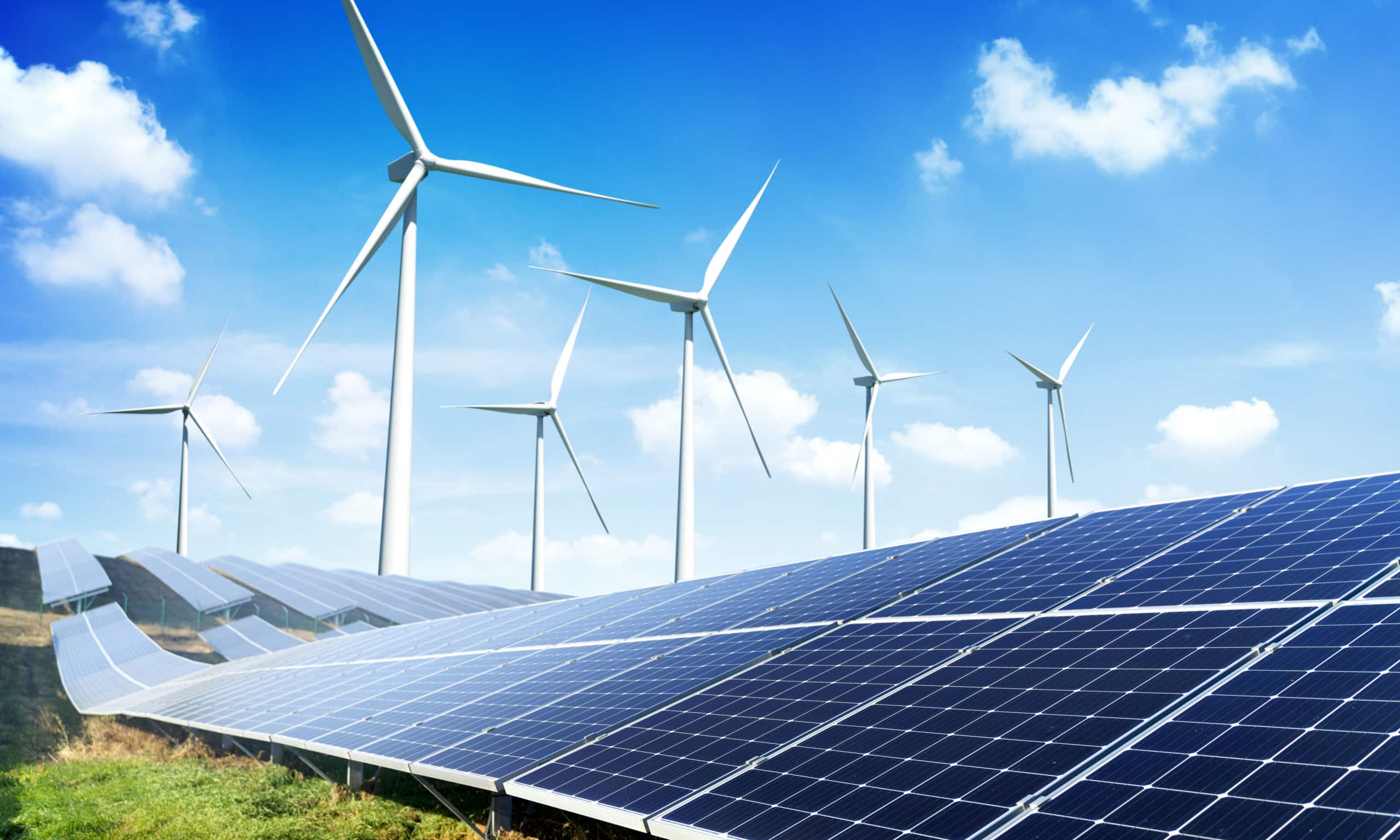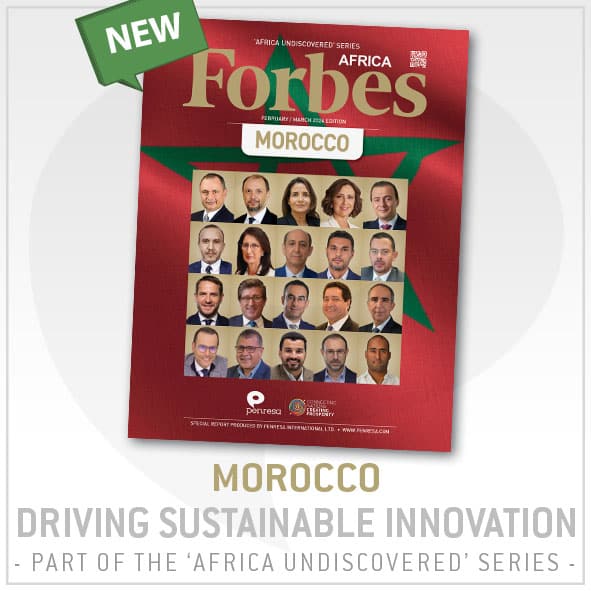Maximizing its potential in renewable energy and the automobile industry, Morocco is poised to solidify its position as a hub for sustainability and innovation.
“Morocco has today become an inevitable destination in the global market,” says His Majesty Mohammed VI, King of Morocco.
Inside its labyrinthine medieval cities and bustling urban centers filled with colorful souqs that vie for the attention of its visitors, Morocco also holds a distinct allure for investment.
The North African country encourages foreign investment through its six special economic zones, implementing incentives that range from tax exemptions to subsidies for investment-related expenses.
Since the early 2000s, Morocco has introduced three national industrial policies that supported the financing of physical infrastructures in key sectors and the development of the manufacturing sector. One of these policies, the nation’s Industrial Development and Investment Fund, has supported the modernization and development of the industrial sector’s capacity to substitute imported products.
Loading...
“We have proven as an African country that we can transform, create and manufacture a platform which can compete against other countries in the world and deliver high standard quality products,” says Minister Ryad Mezzour, Ministry of Industry and Trade.
Indeed, Morocco’s products have become globally competitive with the automotive industry gaining traction in recent years. Gradually shifting from assembling vehicles to full-fledged production, the country is now leading the African automotive industry with a production capacity of 700,000 vehicles a year. The sector boasts a high export turnover that surpassed $US 8.7 billion during the first eight months of 2023.
“Morocco has been successful in automobile production and aerospace manufacturing. Today, automotives stand out as one of the highest export value products for the country,” says Tarik Hamane, Acting CEO of MASEN. The automotive sector is supported through free trade agreements signed with the European Union and the United States.
In tandem with its automotive industry success, Morocco is becoming an important player in the production of low-carbon energy to mitigate climate change and build resilience against volatile and expensive energy prices. As one of the first countries in Africa to align economic development with environmental protection, Morocco is proactively engaged in solar and wind energy production, with its Noor-Ouarzazate concentrated solar power complex being the largest in the world.
“Today, the spotlight is on the competitiveness of Morocco’s green energy. In a world transitioning to decarbonization, Moroccan production gains a distinct competitive advantage,” says Mohcine Jazouli, Minister Delegate to the Head of Government. Ranked ninth in cobalt production globally, the element used in the production of batteries for energy storage and wind energy, Morocco also exerts a considerable influence in promoting green mobility through its support to the supply chain.
Internationally, Morocco benefits from opportunities arising in the reconfiguration of global value chains. As manufacturers in Europe broaden their supplier base to diminish supply chain risks, Morocco’s proximity to the continent and its macroeconomic performance have made the country a destination of choice for numerous multinationals to set up plants.
“We are very well connected to different continents, we have a strong banking system, we have stability, we have a young population and the private sector is the main actor in Morocco,” says Mohamed Laghrari, CEO of Al Hoceinia Holding.
Morocco demonstrated its strong commitment to ongoing investment reforms with the introduction of a new investment charter in December 2022. “While direct incentives are crucial, especially in the context of fierce international competition, Morocco’s new investment charter goes beyond framing the main areas of improvement in the business environment and embodying the state’s commitment to supporting investors, considering them as key agents in the economic revival of the Kingdom. This strengthens investors’ confidence in the Moroccan state as an economic partner,” says Jazouli.
A one-stop shop for investors, the simplification of administrative procedures and the creation of a national investment fund, the new charter contributes to elevating Morocco’s business environment.
The country’s preferential trade agreements with over 60 countries benefit investors by placing a legal framework for investment and reducing trade barriers. The Moroccan government continues to expand its collaborations with other countries.
At the end of 2023, His Majesty King Mohammed VI of Morocco and His Highness Sheikh Mohamad bin Zayed Al Nahyan, President of the United Arab Emirates signed 12 Memoranda of Understanding (MoU), focusing on investment projects and socio-economic development initiatives across diverse sectors.
Morocco’s selection for high-profile international events is also indicative of the country’s favorable standing and its infrastructure capacity that is on par with developed countries.
“Morocco’s stability and strong economic performance has convinced the IMF and the World Bank to organize their annual meetings in Morocco and, more recently, the FIFA Executive Committee to entrust the Kingdom with co-hosting the 2030 World Cup alongside Spain and Portugal,” says Jazouli.
With its potential to contribute to the global transition to renewable energy and its expanding role in the automotive industry, among others, Morocco is charting a course toward global influence.
Loading...

